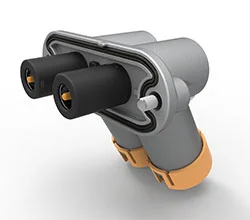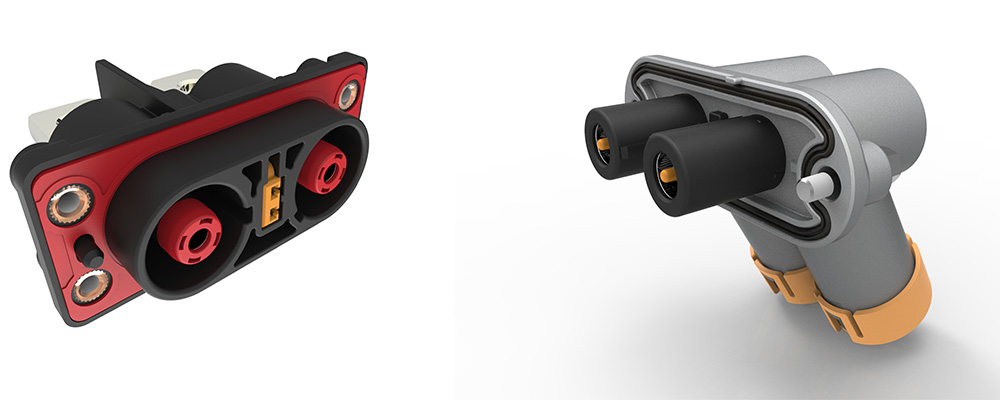𐄀 Technology Connection to Future

As electric vehicles (EVs) gain popularity worldwide, the need for efficient and reliable charging solutions has become increasingly important. One crucial aspect of EV charging is the connector type, which plays a significant role in ensuring seamless charging experiences. This article delves into the versatile world of EV charging solutions, focusing on different connector types and the growing market for electric vehicle charging solutions.
EV charging connector types serve as the interface between the charging infrastructure and the EV. They are designed to accommodate various charging requirements and ensure compatibility between the charger and the vehicle. Common connector types include Type 1 (SAE J1772), Type 2 (IEC 62196), CHAdeMO, and CCS (Combined Charging System). Each type caters to different charging speeds and vehicle models.
To meet the diverse needs of EV owners, a range of charging solutions have emerged in the market. These electric vehicle charging solutions include home charging stations, workplace charging stations, and public charging infrastructure. Home charging stations are popular among EV owners, providing convenience and control over charging sessions. Workplace charging stations promote EV adoption and offer a reliable charging solution for employees. Public charging infrastructure, including fast-charging stations, enables long-distance travel and reduces range anxiety.
The EV charging connector market has experienced substantial growth in recent years. With the adoption of different connector types worldwide, electrical connectors manufacturers are expanding their product offerings to cater to a wider range of consumers. The market is witnessing a surge in demand due to the increasing number of EVs and the need for standardized and interoperable connector solutions. Major players in this market, such as Yonggui, are continuously innovating to provide safe and efficient charging experiences.
Energy storage solutions are an integral part of EV charging infrastructure. They help balance the power grid and manage peak load demands. Energy storage systems can store excess electricity during off-peak hours and discharge it when needed, optimizing grid utilization. These solutions provide flexibility in charging requirements and support the integration of renewable energy sources into the charging ecosystem. By combining energy storage with intelligent charging management systems, EV owners can maximize the use of clean energy and reduce overall electricity costs.
As electric vehicles continue to gain traction worldwide, the significance of efficient and reliable charging solutions becomes undeniable. The right combination of EV charging connector types, including Type 1, Type 2, CHAdeMO, and CCS, ensures compatibility and future-proofing of the charging infrastructure. The swiftly growing EV charging connector market, led by innovative companies like Yonggui, offers a wide range of solutions to accommodate different charging needs. Additionally, energy storage solutions play a crucial role in optimizing charging processes, balancing the power grid, and promoting the integration of renewable energy sources. With the continuous evolution of EV charging technologies, the future promises even more convenient and sustainable charging solutions for electric vehicle owners.
